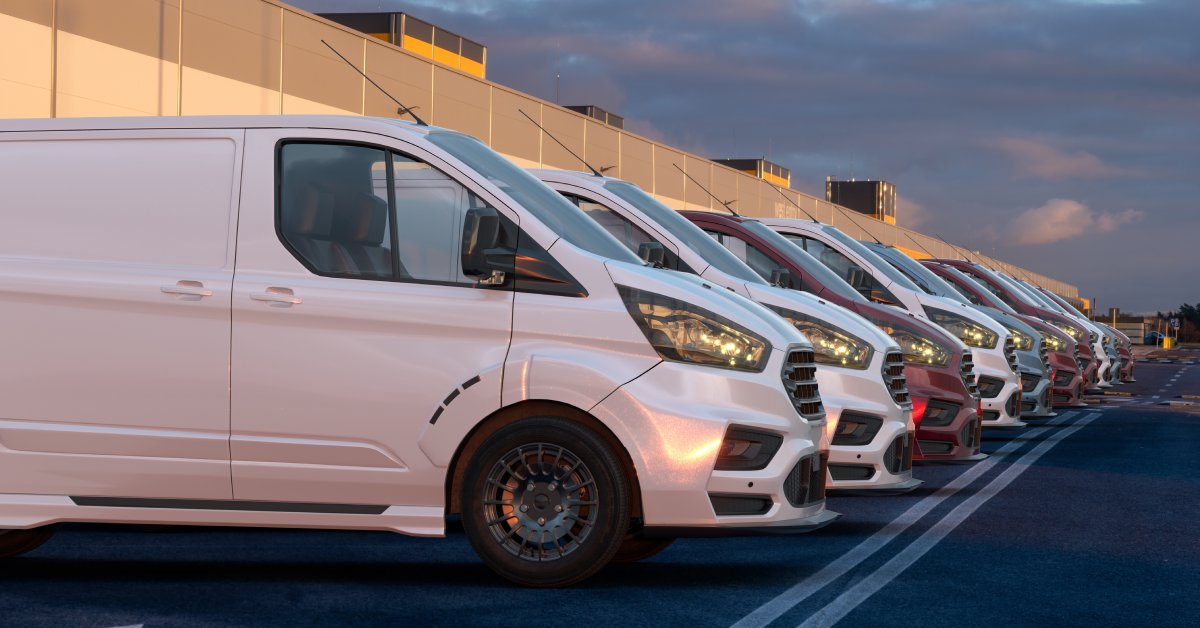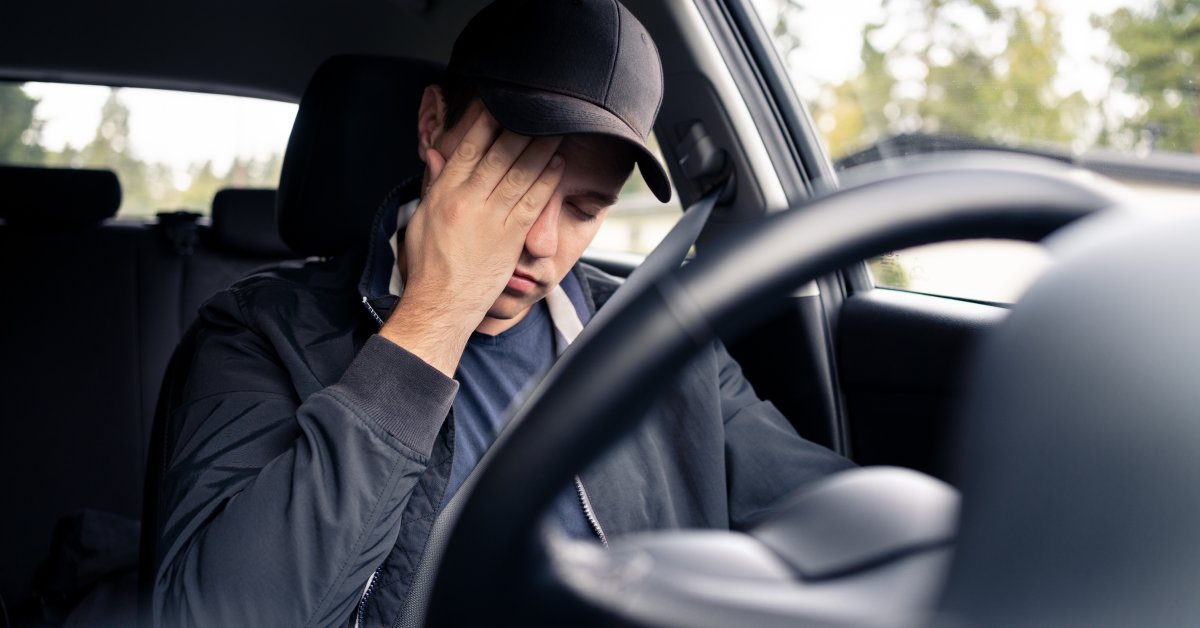5 Reasons Your Work Vehicle May Need SR-22 Insurance

Maintaining proper insurance coverage for work vehicles is crucial for legal protection and smooth operations. For some individuals, however, that coverage might need to include an SR-22 filing. This requirement often arises from specific violations or circumstances, and while it may sound daunting, it’s essential to understand why these filings are required and how to address them. This post will explore the top reasons your work vehicle may need SR-22 insurance.
Understanding SR-22 Insurance
Before diving into the reasons your work vehicle might need an SR-22, it’s essential to understand what an SR-22 is (and what it isn’t). SR-22 is not a separate insurance policy. Instead, it’s a form that your insurance company files with your state’s Department of Motor Vehicles (DMV) or an equivalent agency. This form verifies that you carry at least the minimum required liability coverage to drive legally. In short, it’s a way for the state to keep tabs on high-risk drivers to check that they’re properly insured.
States typically require an SR-22 filing when a driver is considered high-risk due to certain traffic-related incidents. Common triggers include driving under the influence (DUI) or driving while intoxicated (DWI) convictions, driving without valid insurance, multiple traffic violations in a short period, an at-fault accident while uninsured, or a license suspension or revocation.
These infractions signal to the state that you may pose a higher risk on the road. The SR-22 filing acts as a safeguard, proving you’re financially responsible before you’re ultimately allowed back behind the wheel.
Once required, your insurer must file the SR-22 on your behalf. The SR-22 gets attached to your existing auto policy, and your insurer notifies the state if your coverage lapses, cancels, or is not renewed. This continuous monitoring helps high-risk drivers remain compliant with the law.
5 Reasons Work Vehicles May Require an SR-22
Work vehicles come with unique responsibilities and higher stakes. If a driver engages in risky or illegal behavior while behind the wheel, they may need to file an SR-22 to continue driving legally. Here are five common situations that can lead to this requirement:
1. A DUI or DWI While Driving a Work Vehicle
Operating a vehicle under the influence is one of the biggest red flags for insurance companies and state regulators. If you’re convicted of a DUI or DWI while driving a work vehicle, it’s highly likely you’ll be required to file an SR-22.
Driving under the influence is a serious violation that can jeopardize your personal and professional driving status. For individuals with a commercial driver’s license (CDL), the stakes are even higher. A DUI puts you at risk of losing your license and may also impact your employability, as companies are often hesitant to hire drivers with such convictions on their record. An SR-22 filing is a way to prove your financial responsibility during the reinstatement of your driving privileges and pave a way forward.
2. Driving Without Insurance on the Job
When a person is found driving a work vehicle without insurance, the minimum liability requirements set by the state come into focus. Even when insurance oversight is accidental, the legal consequences can be severe. This oversight can lead to license suspension. To regain eligibility, one might be required to file an SR-22. The filing demonstrates that you’re committed to carrying the necessary insurance moving forward, protecting yourself and others on the road.
In some cases, employers may also face penalties or increased premiums if their drivers operate uninsured vehicles. Commercial auto policies often include strict terms, and a lapse can void coverage altogether. Drivers who repeatedly operate a vehicle without proper insurance may be categorized as high-risk, making future insurance more expensive or harder to obtain. Filing an SR-22 becomes a necessary step for reinstatement and for rebuilding a responsible driving record.
3. Being at Fault in a Work-Related Accident
Work-related accidents happen, but being found at fault in one can have lasting implications. Even if your employer provides coverage for the vehicle you drive, personal responsibility can still come into play.
Work-related collisions often trigger detailed examinations of liability. If damages arise and you’re partially or fully responsible, your driving record may reflect the incident. This high-risk status can result in the state requiring you to file an SR-22. The certificate reassures the state and insurers that you maintain appropriate financial responsibility following such incidents.
4. A History of Serious Traffic Violations
If your driving record shows repeated serious violations, like reckless driving or excessive speeding, the state may flag you as a high-risk driver. This designation doesn’t only affect your personal driving but extends to work-related driving duties as well.
Accruing multiple offenses over time often leads to greater scrutiny of your ability to drive responsibly. Depending on the severity and frequency of these violations, an SR-22 certification may be required as part of enforcing accountability.
5. Using a Personal Vehicle for Work Without Proper Classification
Many workers use personal vehicles for jobs, like ridesharing, deliveries, or other commercial purposes. However, failing to classify your vehicle properly can result in complications, including insurance gaps.
Blurring the line between personal and commercial vehicle use might lead to trouble, especially if an accident occurs while you’re on the job. Some drivers mistakenly believe their personal insurance will cover work-related driving, but insurers often deny claims for incidents involving misclassified vehicles.
This oversight could lead the state to mandate an SR-22 filing, as the driver’s actions present an increased risk. Choosing specific commercial vehicle insurance plans for work use could prevent this issue entirely by providing adequate coverage.
Make Financial Responsibility Easy
Whether it’s due to a DUI, driving uninsured, or other scenarios entirely, there are many reasons your work vehicle may need SR-22 insurance. Each reason goes back to maintaining financial responsibility and protecting yourself and others on the road.
Navigating specific insurance requirements like an SR-22 filing can feel overwhelming, especially when it’s tied to your ability to operate a work vehicle. That’s where Serenity Insurance comes in. We specialize in simplifying the SR-22 filing process, helping individuals meet their legal and insurance obligations without unnecessary stress.
Our team works to find the most affordable and comprehensive insurance options, offering access to trusted carriers and personalized support. We’re here to help you get back on the road legally and confidently with the right policy to safeguard your future. Contact us today to learn more about finding the right commercial plans for seamless compliance with state requirements.



Recent Comments